TV10 Investigative Special Report
============================
Corruption in Uganda is a widespread problem
Episode Four
Nelly Birungi, a nutritionist at UNICEF, has been linked to several luxury vehicles registered under her name, but bearing private plates with Alex Mukomazi Lutaaya’s initials. This raises questions about how a nutritionist can afford such expensive vehicles, valued in billions of shillings.
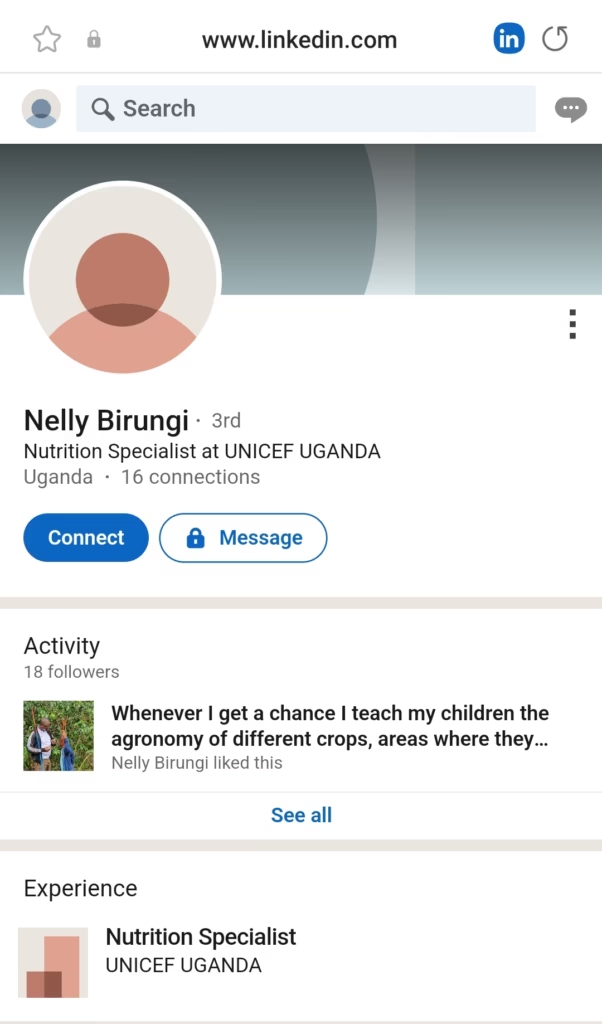

As a nutritionist, Nelly Birungi’s work focuses on addressing malnutrition, particularly among women and children in Uganda. Her involvement in high-profile projects, such as the Final FSNA Karamoja Report, highlights her expertise in the field.
However, the discrepancy between her professional income and lavish spending on luxury vehicles is striking.
Nelly birungi is Alex mukomazi’s wife. she is also an owner and director of havans international contractors where Alex Mukomazi is a signatory to the accounts. A company she opened in November 2019.
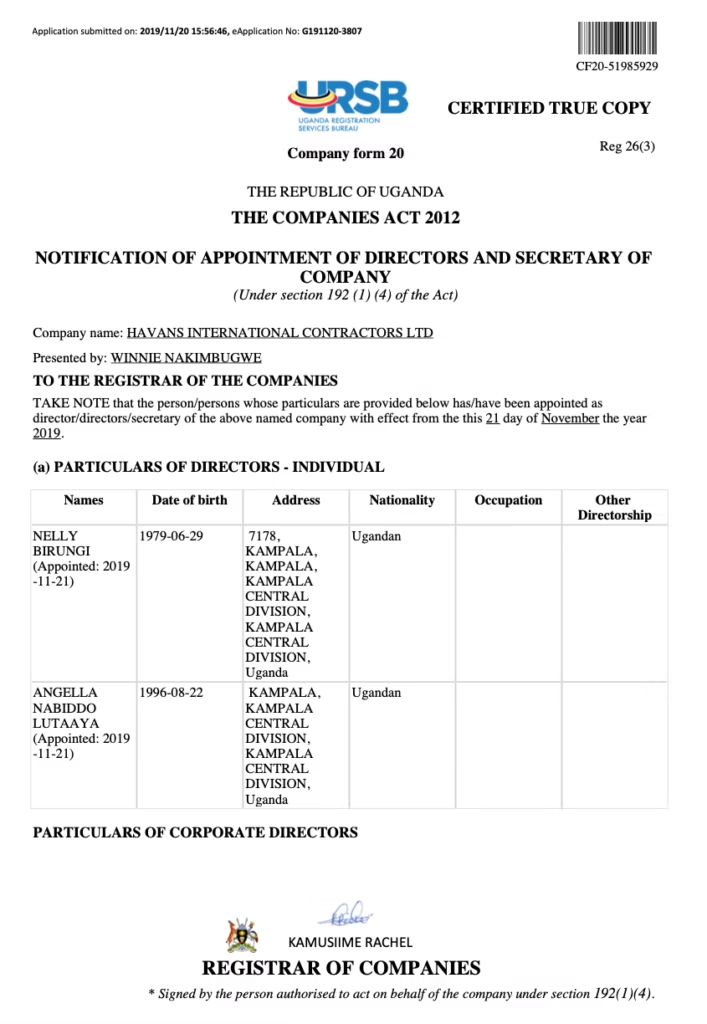
Her as an individual has acquired random abrupt wealth of luxury vehicles and other assets yet she is a just a nutritionist and Havans international contractors has acquired big contracts with no experience within the shortest time in Government institutions such as UNRA and Ministry of works and Transport.
Questions are asked is Alex Mukomazi and Nelly birungi a criminal couple a remaking of “bonnie and Clyde” a famous notorious American couple known for robbing banks, murders and kidnappings in America. Investigations will tell.
The implications of this corruption extend far beyond individual greed, affecting Uganda’s infrastructure and economic stability. The misuse of funds and resources undermines the country’s development and perpetuates inequality.
The effects of corruption in Uganda are far-reaching, with taxpayer money being misappropriated by corrupt officials and contractors. This has led to vital projects being left unfunded, resulting in deteriorating roads and increased risk for motorists.
The government’s inability to fund these projects due to corruption has resulted in increased borrowing, trapping the country in a cycle of debt. This exacerbates Uganda’s economic challenges, perpetuating a vicious cycle of corruption and economic stagnation.
As the court dates approach for Alex Mukomazi Lutaaya and his associates, the public eagerly awaits justice. The outcome of these cases will be a litmus test for Uganda’s commitment to combating corruption and ensuring accountability.
The Lunas Enterprises scandal, led by Alex Mukomazi, is a stark reminder of the deep-seated corruption that plagues Uganda. This systemic issue undermines development, erodes public trust, and stifles progress.
To break this cycle, Uganda needs relentless efforts to fight corruption, including legal repercussions for offenders and comprehensive reforms to safeguard institutional integrity.¹
Corruption in Uganda is a widespread problem, with estimates suggesting that it accounts for around 20% of government expenditure. This corruption often benefits the rich and well-connected, while the poor and vulnerable suffer the most.²
The effects of corruption are far-reaching, leading to poor service delivery, hindered economic growth, and diminished trust between the government and its citizens. Corruption also disproportionately affects low-income individuals, who are more likely to need to pay bribes to access essential services like healthcare and education.
To combat corruption, Uganda needs to implement comprehensive reforms, including strengthening institutions, improving transparency, and promoting accountability. This requires a multi-faceted approach, involving government, civil society, and the private sector.
Some potential strategies to address corruption in Uganda include:
– Strengthening institutions: Improving the capacity and independence of institutions like the judiciary, parliament, and anti-corruption agencies.
– Improving transparency: Enhancing transparency in government procurement, budgeting, and decision-making processes.
– Promoting accountability: Encouraging citizen participation, strengthening whistleblower protection, and ensuring that those responsible for corruption are held accountable.
– Supporting civil society: Empowering civil society organizations to monitor government activities, report corruption, and advocate for reform.
Ultimately, combating corruption in Uganda requires a sustained effort from all stakeholders. By working together, Ugandans can build a more transparent, accountable, and just society.
============= To be Continued ==========

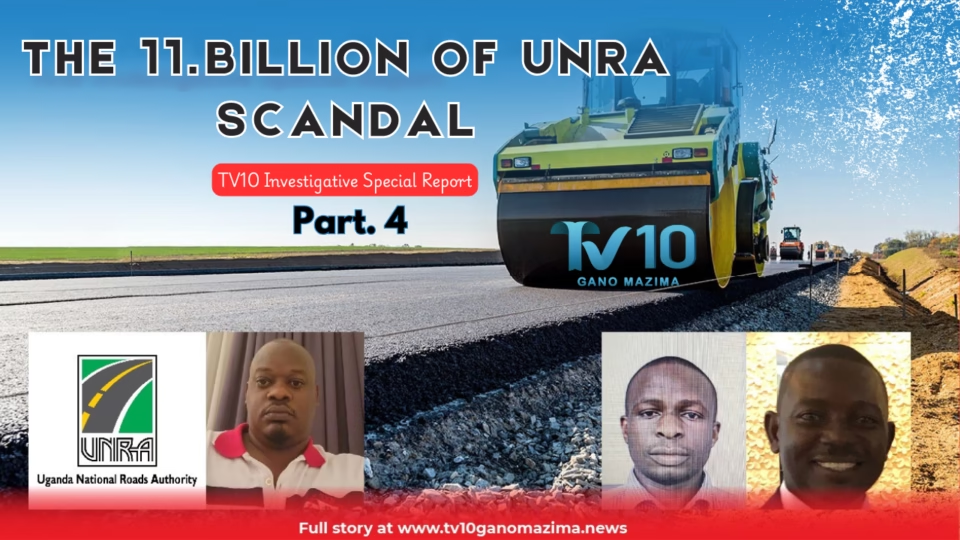
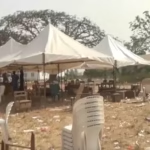
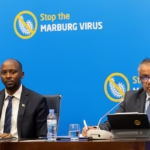
1 comment
Misuse of Taxpayers money, Government where are you?